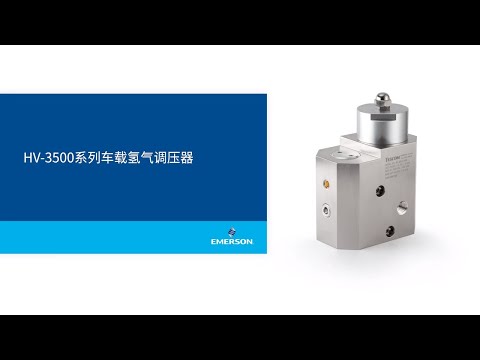
The University of Texas J.J. Pickle Research Center is a cooperative industry/university program that performs fundamental research of interest to chemical, biotechnological, petroleum refining, gas processing, pharmaceutical and food companies. CO2 removal from stack gas is a current focus project. The CO2 separator installation at the center is taking advantage of Emerson Process Management’s new integrated Essential Asset Monitoring solutions to improve equipment reliability.
"Our Essential Asset Monitoring solutions provide the capability for 24/7 automated monitoring and continuous asset health analysis of the CO2 separator’s bottoms pump, air water column blower, stripper cross exchanger and boiler blower," explains Pete Sharpe, director of applications development forEmerson Process Management. "Engineered and installed in 2011 and 2012, these four applications have demonstrated the cost effectiveness of pre-engineered plug-and-play solutions that combine wired with wireless technology to enable expansion of automated monitoring."
The solutions could be tailored to the specific CO2 separator applications because the software allows a user to define which faults to monitor for and which process and asset health measurements are available. Local operators and rotating equipment experts can thus optimize their views to monitor what’s important to them. Essential Asset Monitoring solutions are available for pumps, blowers, compressors, corrosion, fin fans, heat exchangers, and cooling towers.
For example, the module for pumps can monitor for cavitation, vibration, high bearing temperature, suction strainer plugging, auxiliary seal flush pot level, seal fluid leaks, and hydrocarbon leaks. The module for blowers can monitor for vibration, bearing temperature, blower differential and discharge pressure, and flow. The module for exchangers monitors exchanger duty, fouling, optimal cleaning required, and differential pressure and temperatures.
Sharp said that, upon installation, the Essential Asset Monitoring application highlighted an anomaly with the trended vibration and monitored process variables versus baseline. "A large spike in one of the monitored vibration parameters every time the blower cycled on pointed out an existing fault that had gone undetected for who knows how long,” he said. “Repairing the fault resulted in decreasing vibration peak amplitudes from a range of 4 to 14 g’s to a range of 1.5 to 2 g’s. With a history of integrity problems on this particular blower, it was a good thing we caught it in advance," he added.


































